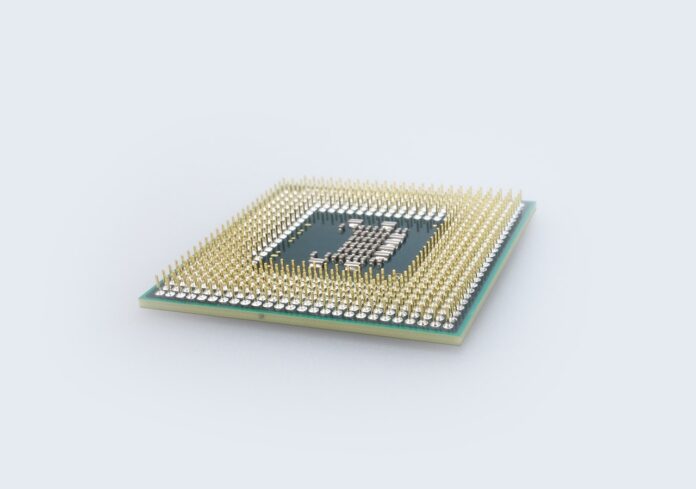Latest data from financial software provider, Advanced, uncovers a rising concern for employee privacy, as an uptake in futuristic human implantation technology is set for the workplace sooner than many anticipated.
Speaking to more than 5,000 senior decision makers, the findings reveal that nearly half (47%) of financial leaders predict employee microchips and other human technology implants to be in workplace use by 2030, along with 32% of financiers overall.
The revelation follows controversy in the US, in which a company microchipped 50 of its employees, leading at least 11 US states to ban employee microchipping at the time of writing.
This move toward innovative technologies is a growing trend, and one that the financial sector seems keen to set into motion. In addition to surveillance measures, Advanced’s research discovered that:
-
Businesses are putting money behind new tech, as 40% of survey respondents state their organisation’s leadership is prioritising technology investment at present.
-
AI technology is gaining more responsibility and will be used to make critical business decisions by 2030, according to over half (55%) of financial CEOs and MDs.
-
A third (33%) of financial leaders believe AI will replace at least 50% of manual work.
However, financiers are not looking forward to this change, as only 19% feel robots and AI-based technologies will positively transform the workplace. With talk of microchipping and additional surveillance only set to cause more concern, Alex Arundale, Chief People Officer at Advanced, explains how additional surveillance measures could negatively impact the working environment, “Employers need to consider the proportionality and necessity of new technologies, weighing convenience against the impact new additions might have on employee morale.
“Having some autonomy over how they work, when they take breaks, and working at times when they feel most productive is an important part of employee wellbeing. Feeling under constant surveillance can cause anxiety and increase the risk of burnout, making it counterproductive for the employer.”.
Although it could be a while before we see employee microchipping become the norm, since the pandemic’s widespread introduction to remote and hybrid working, more and more AI and technology-driven surveillance has seeped into the workplace, from wellness trackers to remote employee monitoring software. The TUC previously revealed the financial service sector to have the greatest proportion of workers reporting workplace surveillance, at a shocking 74%.
Whilst wellness trackers may sound harmless, and even beneficial for worker wellbeing, the move again brings privacy concerns into question, as businesses potentially gain access to personal employee medical data.
New technology comes with new risks, particularly where possible negative outcomes are yet to be revealed and worked through. However, it seems that embedded human microchip technology is set to be the next step forward from these existing technologies, and will certainly open a Pandora’s box of ethical questions around privacy, data ownership and security.
For a full rundown of Advanced’s future technology predictions, and what this means for the financial sectors, visit: www.oneadvanced.com/news-and-opinion/workplace-technology-predictions.
Help keep news FREE for our readers
Supporting your local community newspaper/online news outlet is crucial now more than ever. If you believe in independent journalism, then consider making a valuable contribution by making a one-time or monthly donation. We operate in rural areas where providing unbiased news can be challenging. Read More About Supporting The West Wales Chronicle




















